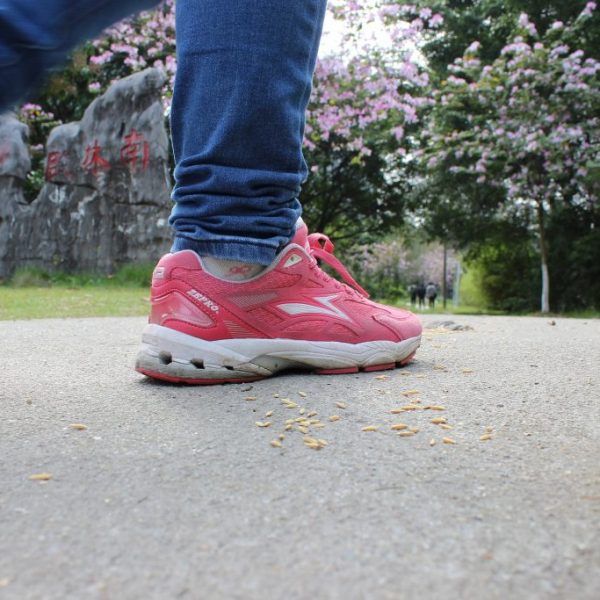How the thinking was turned around
When former general practitioner and researcher Machteld Huber was confronted with illness herself, she noticed how she could greatly influence her own recovery. This led her, in 2011, to investigate the concept of health more closely. What viewpoints were playing a role?
WHO’s definition of health appears too static
There were already voices saying that the 1948 definition of the World Health Organization (WHO) was too static and ambitious for the current age. The definition was formulated in 1948 and reads: ‘Health is a state of complete physical, mental and social well-being and not merely the absence of disease or infirmity.’ What WHO had not taken into account was that this definition is also a demarcation: If you do not fit the description, this means you are not healthy.

Sense of coherence helps to keep people healthy
Resilience, self-determination and meaningfulness are important elements for Positive Health. These concepts are closely associated with the name Antonovsky. This medical sociologist closely studied what would make people healthy (instead of sick). In the Tel Aviv hospital where he worked, he saw many patients who had survived concentration camps in World War II. Many of them were traumatised. He noticed however that some of them were not — even though they had experienced the same things. What typified these people? How was it that they had been able to overcome those terrible experiences so well?

Blue Zones: source of knowledge on health
Blue Zones also confirm the need to look broadly at health. Blue Zones are areas of the world where people are growing old in a healthy way, often without chronic disease and mental decline. They provide important information about what makes us healthy and keeps us healthy.

Opposing views
Positive Health leads to many enthusiastic responses, but also to critical ones. So, what are the opposing views?

Positive Health is about intrinsic motivation and personal experience. Positive Health takes a broader approach to health, which means we no longer focus only on solving complaints. We would like to invite you to ‘experience’ Positive Health — for example, by filling out the spider web for yourself, on the digital tool ‘Mijnpositievegezondheid.nl’, in English.